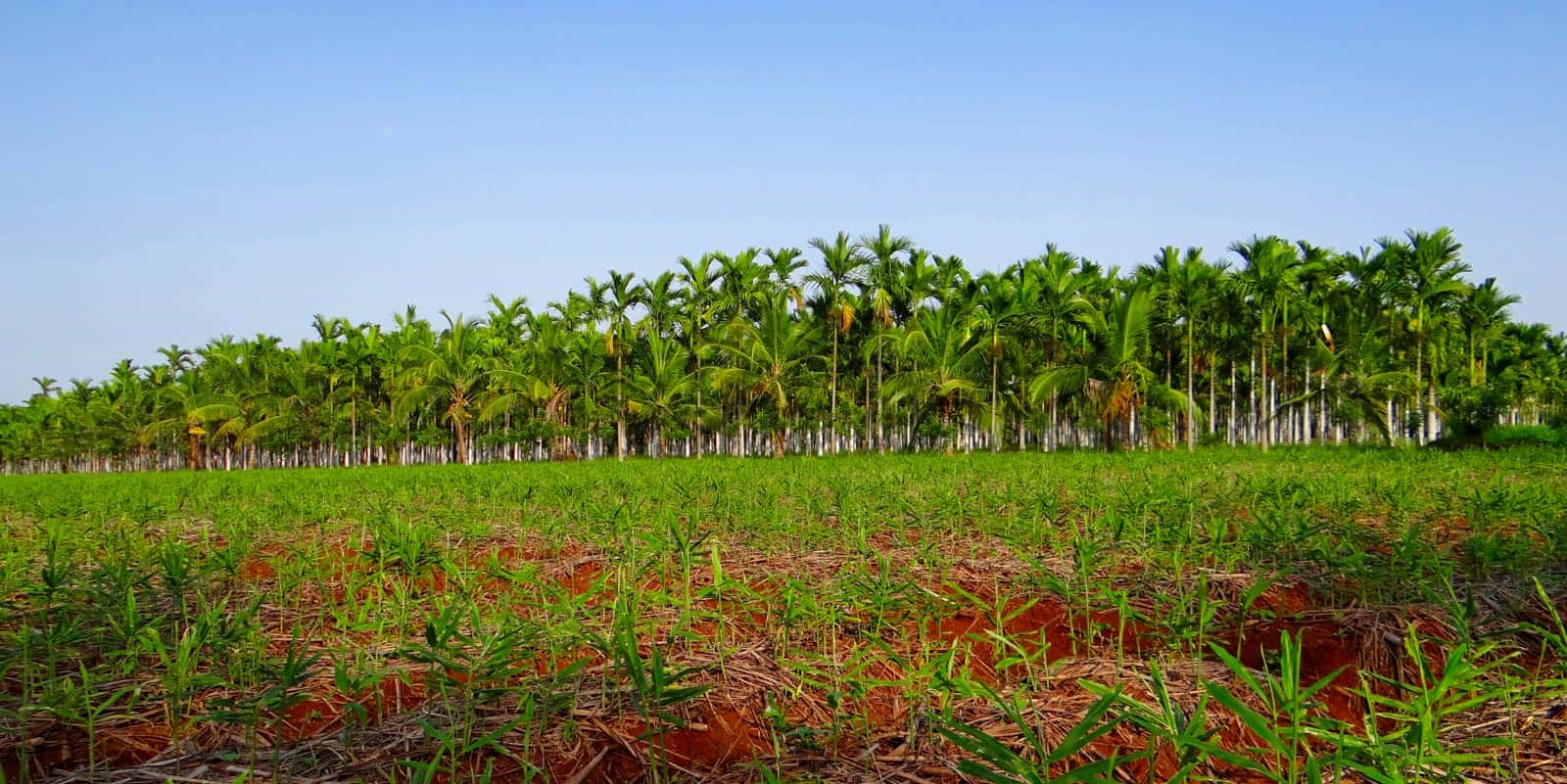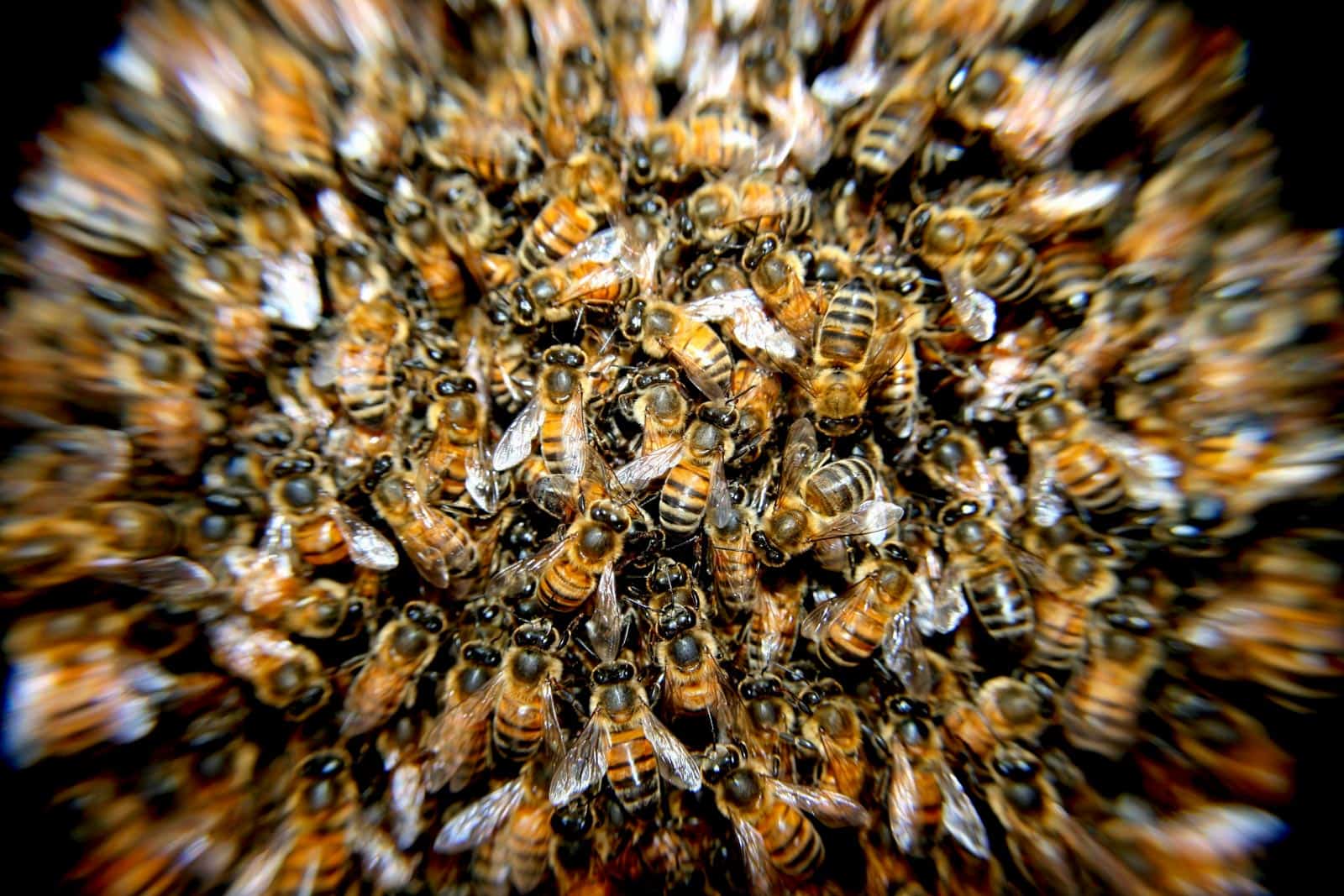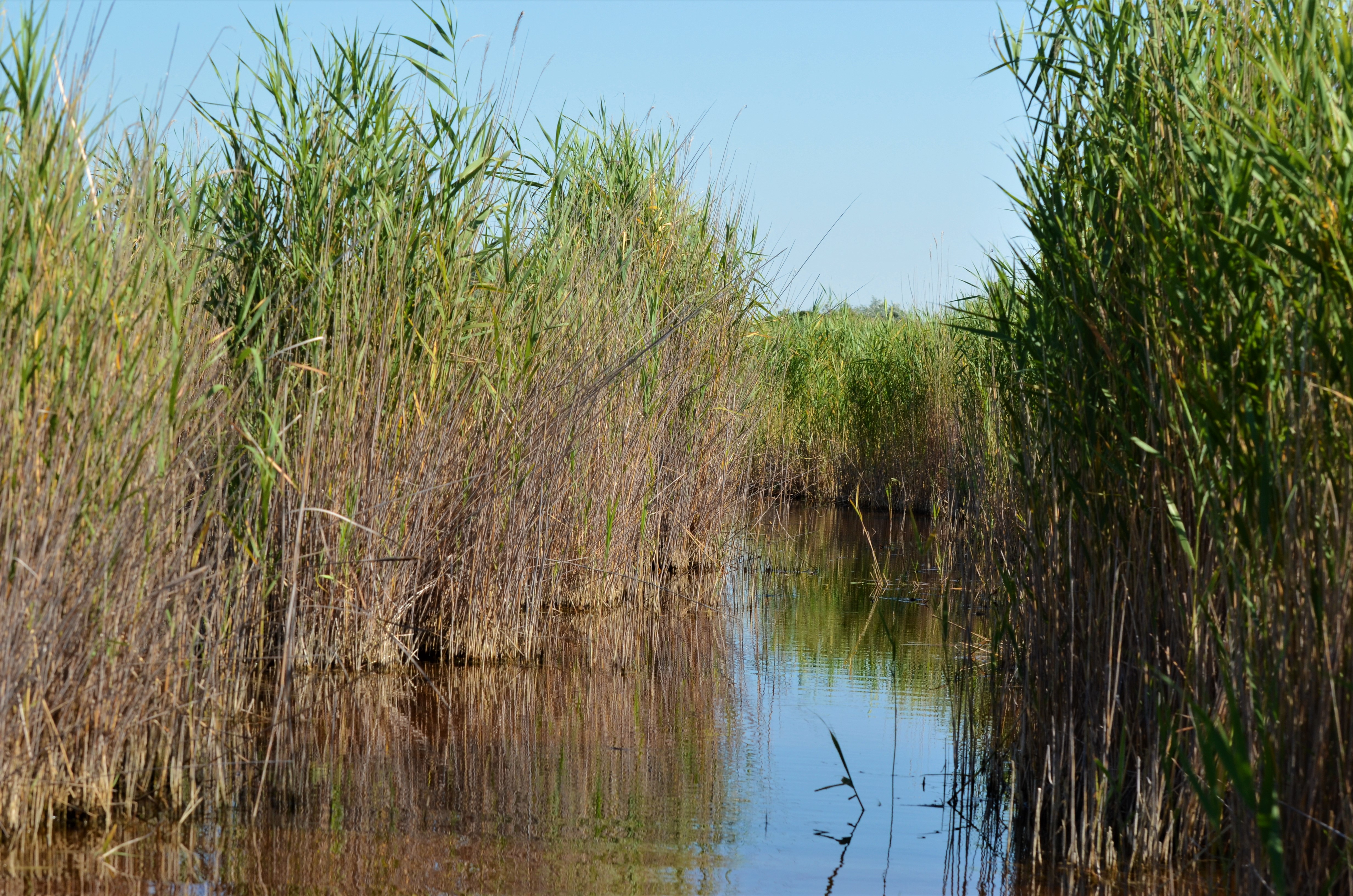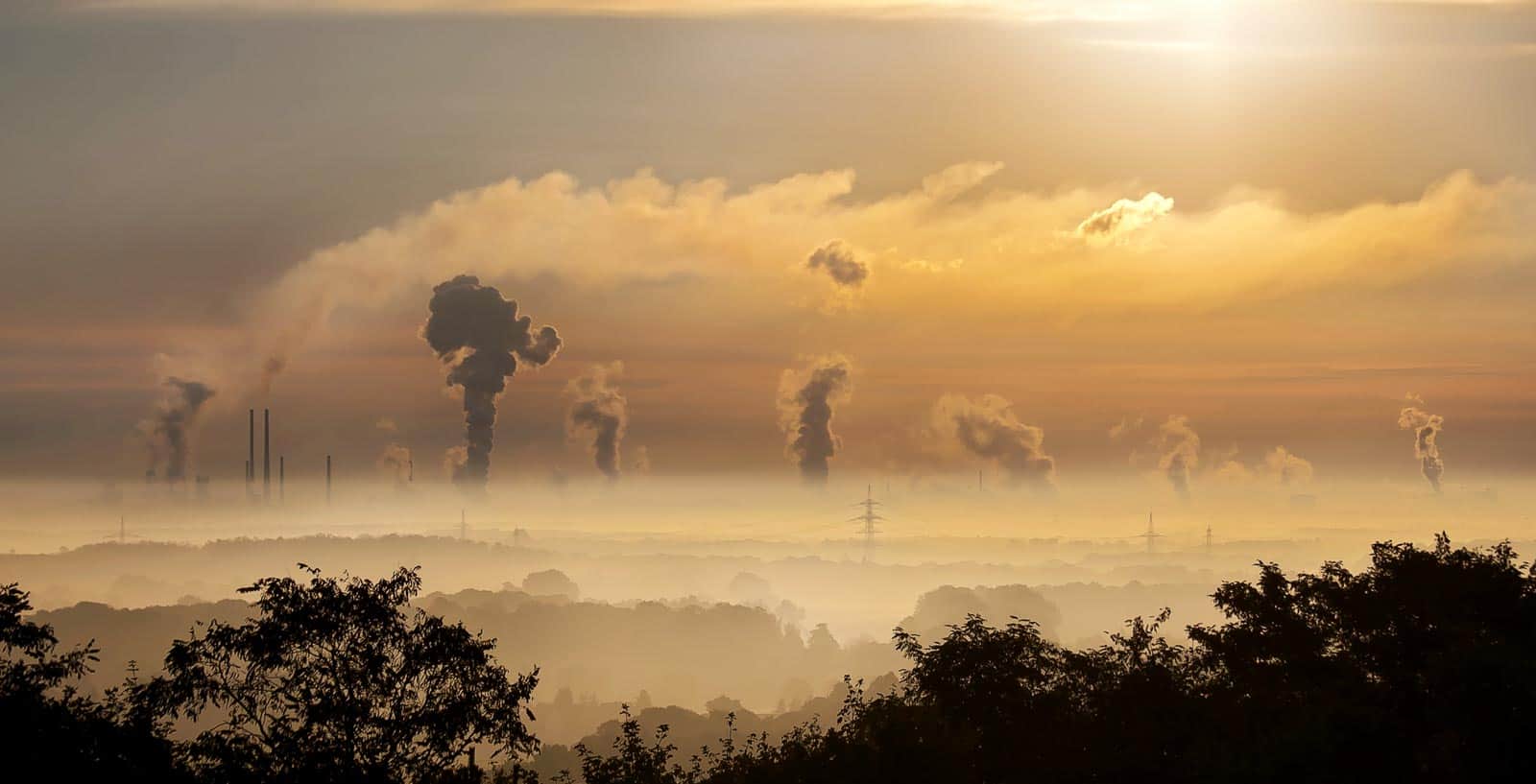Indonesia wants to greenwash palm oil plantations
Indonesia is a megadiverse biodiversity hotspot. The over 17,000 islands that make up this archipelago in South-East Asia are home to iconic endemic species like the Komodo dragon and the Orangutan. But they are only the peak of the iceberg. It is also home to over 13,000 endemic flowering plants and thousands of animal species. But for decades, local decision makers and international companies have increasingly destroyed this biodiversity. A big driver of this destruction is the production of palm oil. Palm oil is now widely used in many foods, cleaning products, detergents and bio fuels. Indonesia is by far the biggest producer of palm oil in the world. It has increased palm oil production by almost fivefold in the last twenty years.
As a direct consequence, massive stretches of Indonesia´s megadiverse tropical forest are cut down and burnt to create more space for palm oil plantations. This has gathered increasing attention and public pressure around the world. Many companies, organizations and countries committed to boycott this unsustainable palm oil and stop deforestation in Indonesia.
But now Indonesian officials have come up with a new way to escape this pressure and continue selling palm oil. They simply want to turn around the discussion by phrasing the issue differently.
Is planting oil palm de- or reforestation?
Oil palms are trees and forests are made of trees, so planting oil palms creates forest, right? By simply using this principle as the new foundation, suddenly burning down megadiverse natural forest is not deforestation and biodiversity destruction anymore, but reforestation.
The most shocking about this is that the leading forestry university of Indonesia proposed it. This is a new step in a scandalous development as the Indonesian government continuously restricts scientific freedom and controls scientific institutions. There is clearly no scientific justification for this proposal. Palm oil plantations destroy biodiversity and also store less carbon than natural forests. This is a solely political decision to greenwash palm oil plantations to continue exploiting the natural resources of Indonesia and at the same time comply with international agreements and expectations.
In January 2020, the Indonesian government deported me for publishing a preliminary estimate of the damage from Indonesia’s 2019 fires for seven provinces that exceeded the government’s own numbers.
In addition to this proposal, there is another scandal involving political influencing of science and conservation in Indonesia. The climate crisis and the massive plantations of oil palms have led to immense forest fires in Indonesia in the last years. The year 2019 was especially bad, with officially 16,400 km2 of forest burnt down. However, recent research has shown that the real size of burnt forest is probably almost twice as high. Based on the recent development in Indonesia is seems that this gross underestimation in the official report is politically motivated to downplay the destruction that is going on in Indonesia.









